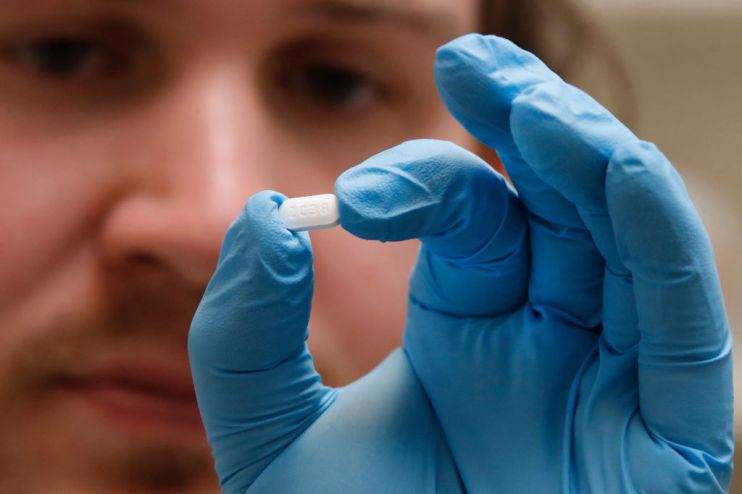NHS workers begin coronavirus hydroxychloroquine trial

Healthcare workers are taking part in a University of Oxford-led trial of two anti-malarial drugs, including hydroxychloroquine, to see if they can prevent Coronavirus.
The “Copcov” study will involve more than 40,000 frontline healthcare workers from Europe, Africa, Asia and South America to determine if chloroquine and hydroxychloroquine are effective in preventing Covid-19.
The trial is being led by the University of Oxford with support from the Mahidol Oxford Tropical Medicine Research Unit (MORU) in Bangkok, opens to British participants at hospitals in Brighton and Oxford today. They involve staff who are in close contact with patients with proven or suspected coronavirus.
The Copcov team said lab evidence showed the two anti-malarial drugs might be effective but there was no conclusive proof.
Demand for hydroxychloroquine surged after President Donald Trump touted the drug. Earlier this week he said he was taking the drug as a preventive medicine despite repeated warnings from doctors about its use.
Trump was an early advocate of using the drug as a treatment for coronavirus, but studies showed that it was not helpful. The US Food and Drug Administration subsequently issued a warning about the use of the treatment.
It said that it was aware that some patients who had been treated with the hydroxychloroquine had suffered “serious heart rhythm problems” as a result.
A total of 25 study sites are expected to be open in the UK by the end of June, MORU said, with plans for further sites in Thailand and Southeast Asia, Italy, Portugal, Africa and South America. The results are expected by the end of this year.
Earlier today, AstraZeneca said it had secured orders for at least 400m doses of the as of yet unproven coronavirus vaccine being worked on by the University of Oxford. The pharmaceutical company said it would begin delivering them in September.
Get the news as it happens by following City A.M. on Twitter.